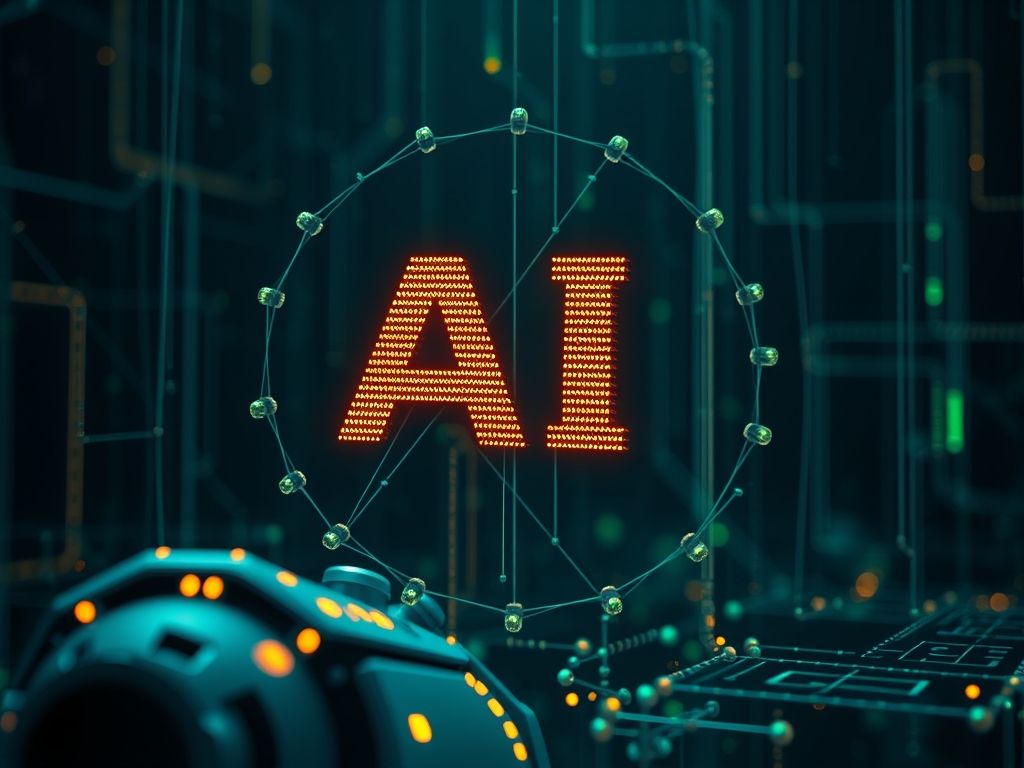Understanding AI and Ethics
AI and Ethics encapsulates the intersection of artificial intelligence technologies and moral principles. As AI systems become more integrated into our daily lives, understanding their ethical implications is paramount. This field examines how AI should be designed, implemented, and monitored to ensure fairness, accountability, and transparency.
The Importance of AI and Ethics
The rapid advancement of AI technologies poses significant ethical questions. From biased algorithms to privacy concerns, the need for ethical guidelines has never been more crucial. As professionals in the fields of programming, web server administration, and web development, it’s essential to grasp these concepts to create responsible and trustworthy AI systems.
1. What are the Key Ethical Principles in AI?
- Fairness: Ensuring AI systems provide equal treatment and avoid discrimination.
- Accountability: Establishing clear lines of responsibility for AI decisions and actions.
- Transparency: Making AI systems understandable and accessible to users.
- Privacy: Safeguarding personal data and ensuring consent in data usage.
2. Real-World Examples of AI Ethics in Action
Several real-world cases illustrate the importance of AI ethics:
- Facial Recognition Technology: Companies like Clearview AI have faced backlash for privacy violations and biased results in their facial recognition algorithms.
- Hiring Algorithms: Some AI-driven recruitment tools have been criticized for perpetuating gender and racial biases, leading to unfair hiring practices.
Applications of AI and Ethics in Technology
Understanding AI and ethics not only helps in addressing societal concerns but also enhances the quality of AI applications. Below are practical applications of these ethical principles:
- Developing Inclusive AI: By ensuring diverse teams create AI systems, developers can minimize bias in AI outputs.
- Implementing Ethical Guidelines: Organizations can adopt frameworks like the IEEE’s Ethically Aligned Design to guide responsible AI development.
3. How Can AI Ethics Be Implemented in Daily Work?
For professionals in technology, here are actionable steps to integrate AI ethics into daily practices:
- Conduct Ethical Reviews: Regularly evaluate AI projects for ethical implications.
- Engage in Continuous Learning: Stay updated with the latest research and discussions on AI ethics.
- Collaborate with Diverse Teams: Foster a culture of inclusion to bring varied perspectives into AI development.
4. Challenges in AI and Ethics
While the importance of AI ethics is clear, several challenges persist:
- Complexity of AI Systems: Understanding the intricacies of AI can hinder the identification of ethical issues.
- Rapid Technological Advancements: Keeping ethical guidelines updated with fast-paced changes in AI technology is difficult.
- Lack of Regulation: The absence of comprehensive regulations allows unethical practices to go unchecked.
Related Concepts in AI Ethics
AI and ethics is interconnected with several related concepts:
- Data Privacy: Understanding how data is collected, used, and protected is essential for ethical AI.
- Machine Learning Bias: Addressing biases in training data is crucial for fair AI outcomes.
- Algorithmic Accountability: Ensuring that AI systems can be audited and held accountable for their outputs.
Conclusion: Embracing AI and Ethics
As AI continues to evolve, the responsibility of developers and IT professionals to advocate for ethical practices grows. By understanding AI and ethics, technology specialists can contribute to building systems that not only advance technology but also uphold core human values.
Incorporating ethical considerations into AI development can lead to more reliable, fair, and inclusive technologies. Reflect on the ethical implications of your work and strive to integrate these principles into your projects.
By actively engaging in discussions around AI ethics and implementing best practices, you can play a key role in shaping a future where technology serves humanity positively.









